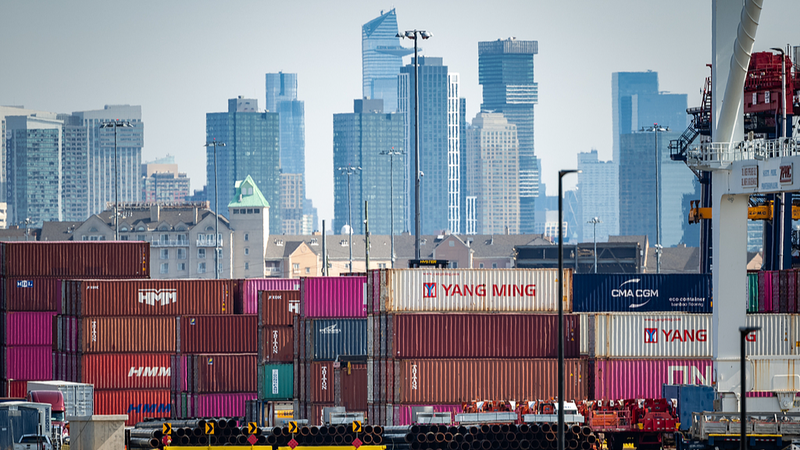Hey everyone, welcome to another roundup of global trade insights! In a twist to the ongoing trade debate, U.S. President Donald Trump has famously waved the "tariff stick" since January, portraying the U.S. as a victim of global trade. But is that really the case?
A deep dive by WTO Director-General Ngozi Okonjo-Iweala in her article, "America's Big Trade Win," reveals a surprising truth: the U.S. is emerging as a clear winner. While headlines often focus on trade deficits in goods, the U.S. is excelling in services trade—boasting over $1 trillion in services exports in 2023 and a trade surplus nearing $300 billion in 2024! 💪
The figures are even more impressive in high-value services. Last year, U.S. companies earned over $144 billion in intellectual property royalties and licensing fees. These robust service exports not only demonstrate economic strength but also supported 4.1 million American jobs directly in 2022.
Digitalization is fueling this trend further. Digital services, the fastest-growing sector in global trade, have expanded fourfold from 2005 to 2023—reaching a global value of $4.25 trillion, with the U.S. claiming over 15% of that market. Projections even suggest that by 2040, digital services could account for 37.2% of global trade. 🚀
However, there's another side to the story. In an interview with China Media Group, research fellow Victor De Decker from the Egmont Royal Institute emphasized that the hefty U.S. tariffs might backfire, ultimately impacting American consumers. The strategy to force a manufacturing comeback through tariffs overlooks the complexity of global supply chains, where many products rely on imported components that are later assembled in the U.S.
In essence, the narrative that the U.S. is being "ripped off" due to trade deficits oversimplifies a much broader picture. The data points to a dynamic, service-driven economy capable of sustaining growth amid global changes, while protectionist measures may carry hidden costs for everyday Americans.
Stay tuned as global trade continues to evolve, rewriting old metrics and offering new insights into how economies adapt in the digital age. Knowledge is power, and understanding these shifts helps us navigate a complex world! 😊
Reference(s):
cgtn.com




